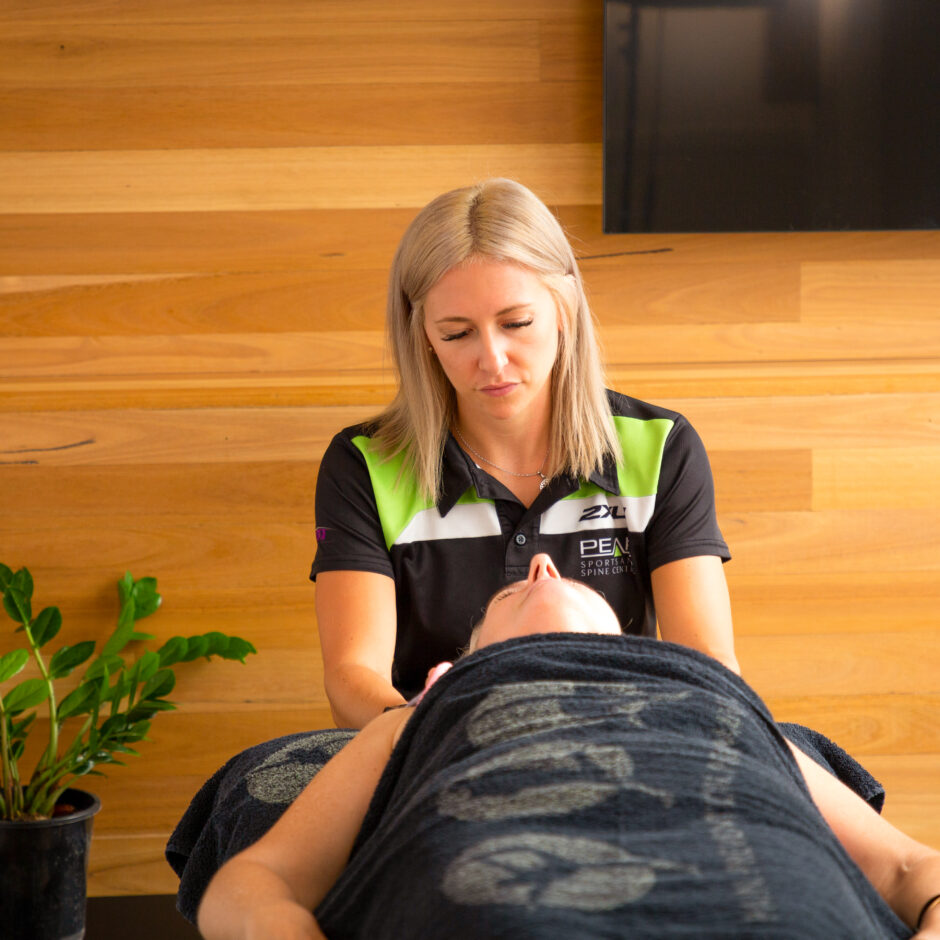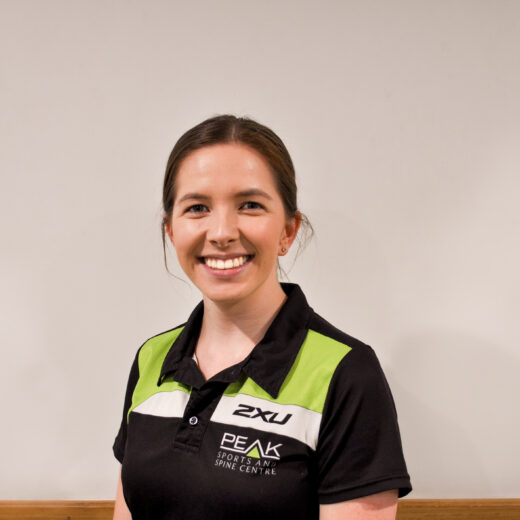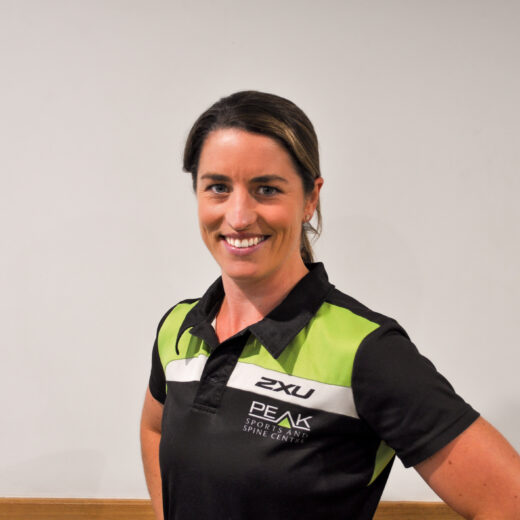
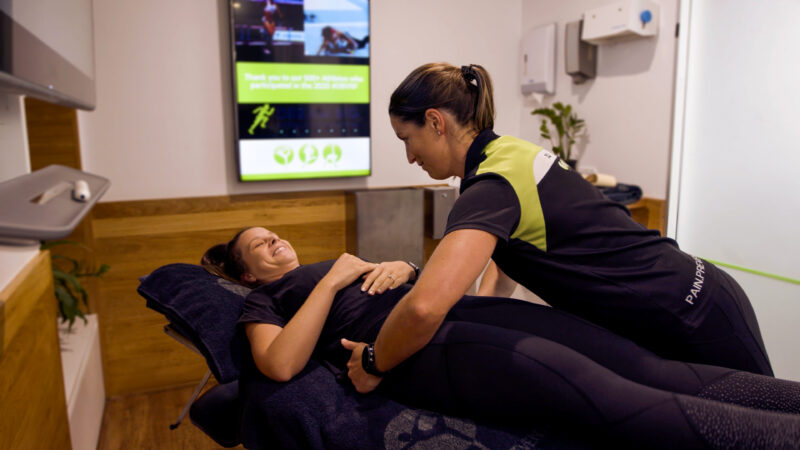
Overview
What is Women’s Health Physiotherapy?
A women’s health Physiotherapist is trained to assess and treat conditions related to women throughout their lifespan. This can range from concerns related to pelvic floor, bladder, bowel function to pregnancy, post partum and support through menopause.
Pelvic Floor Physiotherapy
Your pelvic floor is a series of muscles that act like a hammock to support your pelvic organs and to help with function of those organs. They are important in helping prevent leakage (Urinary/ Fecal), help with bowel function and also with sexual function and sensation in the area.
The role of a women’s health Physiotherapist is to assess the function of the layers of the pelvic floor related to your concerns and to help to ensure you can connect to feel a correct pelvic floor contraction. They will also provide strategies to help reduce the stress on the pelvic organs to help with prevention of further symptoms.
A women’s health Physiotherapist can also be beneficial with those who are experiencing endometriosis or pelvic pain and also those who have undergone pelvic surgery.
The strength of the pelvic floor can be affected by a number of reasons including:
- Pregnancy and birth
- Aging (menopause)
- Lack of exercise
- Heavy Lifting or high impact exercise
- Long term coughing
- Constipation
- Weight
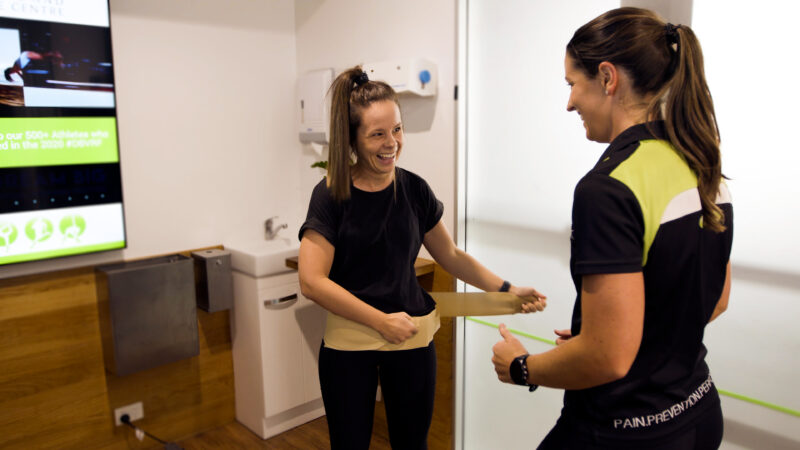
Pregnancy Physiotherapy
Support through your antenatal and postnatal journey is important to ensure that women are educated and empowered on their journey to birth and afterwards. Each pregnancy is different and that’s where individual care with a Women’s Health Physiotherapist can be beneficial. A Women’s Health Physiotherapist can help to provide you with advice on exercise, help with concerns such as pelvic girdle pain, pelvic floor dysfunction/exercises and preparation for birth. It’s also important after your birth to assist with recovery, any musculoskeletal concerns and advice on return to exercise to ensure you are providing yourself with the support you need.
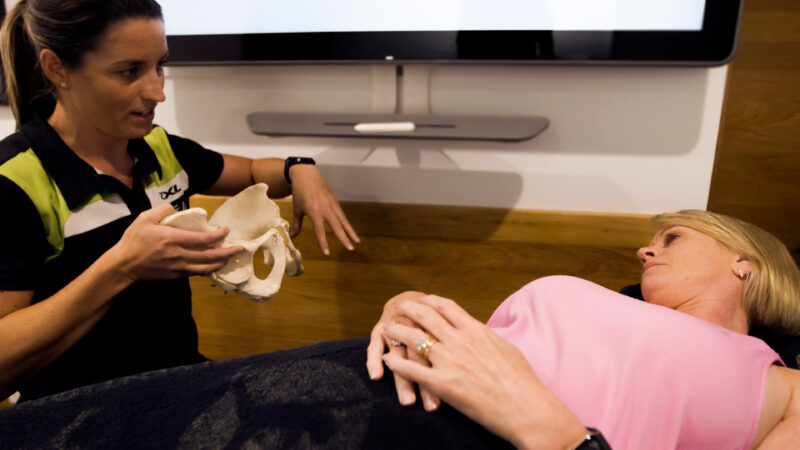
What Will A Women’s Health Physiotherapy Treatment Include?
A Women’s Health appointment will include a thorough history and subjective assessment followed by a functional assessment. The assessment may include an internal exam which involves testing the muscle function of the pelvic floor to assist with exercise prescription and to ensure we are focussing on the correct concern. Treatment will depend on the findings and is coupled with your PEAK Women’s Health Physiotherapist providing personalised advice and education to help you understand and feel in control of your concern. Your Women’s Health Physiotherapist will likely develop an exercise plan and if needed will recommend other devices to help with symptoms.
Benefits of Women’s Health Physiotherapy What Will A Women’s Health Physiotherapy Treatment Include?
Benefits of seeing a Women’s Health Physiotherapist
A Women’s Health appointment will include a thorough history and subjective assessment followed by a functional assessment. The assessment may include an internal exam which involves testing the muscle function of the pelvic floor to assist with exercise prescription and to ensure we are focussing on the correct concern. Treatment will depend on the findings and is coupled with your PEAK Women’s Health Physiotherapist providing personalised advice and education to help you understand and feel in control of your concern. Your Women’s Health Physiotherapist will likely develop an exercise plan and if needed will recommend other devices to help with symptoms.
- Individual assessment and treatment of any pelvic concerns
- In depth knowledge for support during and after pregnancy
- Holistic management of musculoskeletal conditions for women during different phases of life (during pregnancy, menopause, endometriosis)
Benefits
A Women’s Health Physiotherapist can be beneficial for conditions like:
- Bladder complaints such as incontinence and an overactive bladder
- Bladder or bowel urgency (the sudden need to go to the bathroom)
- Bladder or bowel urgency (the sudden need to go to the bathroom)
- Prenatal and postnatal pelvic and lower back pain
- Prolapse (bowel, uterus or rectal)
- Rectus Diastasis (abdominal separation)
- Pre and post-natal neck and upper back pain
- Endometriosis
- Recovery from pelvic surgery

Team Meet our Women’s Health Physiotherapy practitioners
Want to learn more about our team?
View all Team MembersFAQs Frequently Asked Questions
Yes, you can see either a Women’s Health Physiotherapist or a musculoskeletal Physiotherapist when pregnant. There will be certain treatments that might be adjusted throughout your pregnancy however you are safe to see your practitioner up until your birth.
Wear something comfortable. Depending on the appointment you have if you are working with your Physiotherapist on exercises you may wish to wear active gear. For a Womens Health assessment, you can attend in your normal clothes.
Yes! The Current guidelines suggest 150- 300 minutes of moderate activity in the week. This can be broken into 30 minute blocks. It is recommended to complete two resistance training sessions as part of this. If you have been exercising prior to falling pregnant you may continue your training and listen to your body. You may need to adjust your type and intensity of exercise throughout the pregnancy but the evidence supports staying active.
While unfortunately leaking with sneezing or running is common for women (especially postnatally), it isn’t something that has to be accepted as normal. Stress urinary incontinence can have good outcomes with strengthening the pelvic floor and learning how to manage the symptoms.
Prolapse occurs when there is a loss of support of the tissue that supports the pelvic organs and the pelvic organs begin to lower in the pelvic cavity. This can occur due to a number of different reasons (Pregnancy, birth, menopause, constipation) Women’s Health Physiotherapy can help assess and identify this and help you to understand and manage the condition.
Our locations
Hawthorne
PEAK Hawthorne opened in 2012 and was extended and renovated in 2020. You see the same team whether we see you at Hawthorne or one of our other clinics. Hawthorne offers private treatment rooms and a spacious exercise area incorporating the latest equipment and technology, unrestricted single level access and off-street parking. We also provide HICAPS for real-time private health claiming.
Our locations
New Farm
PEAK New Farm opened in August 2019. You see the same team whether we see you at New Farm or one of our other clinics. New Farm offers private treatment rooms and a spacious exercise area incorporating the latest equipment and technology, unrestricted single level access and off-street parking. We also provide HICAPS for real-time private health claiming.
Let's get started — How can we help?
Physiotherapy
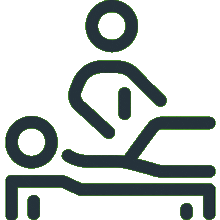
Chiropractic
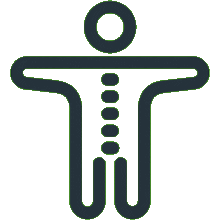
Podiatry

Massage Therapy

Women's Health Physiotherapy

Running Program Tailored To Your Goals

Joint Mobilisation
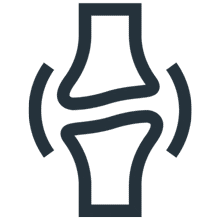
Active Release Technique

Exercise Prescription

Real Time Ultrasound Imaging

Spinal Manipulation
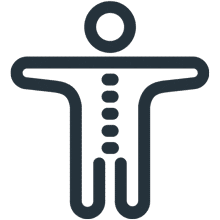
Functional Movement Screen
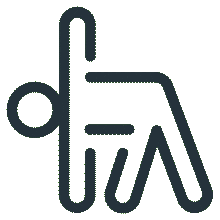
Knee Pain Treatment

Hamstring Strain Treatment

Hip Pain Treatment

Upper, Middle & Lower Back Pain

Neck Pain Treatment

Shoulder Pain & Rotator Cuff Tear

Can't find what you're after?
View all ServicesOr email the PEAK team at info@peakssc.com.au
Hawthorne
- Phone: (07) 3399 3318
- Fax: (07) 3319 6577
Address
5/171 Riding Road,Hawthorne, QLD, 4171 Get Directions
Opening Hours -
6 days per week
- Monday - Friday: 7:00 am - 8:00 pm
- Saturday: 7:00 am - 1:00 pm
To make a booking outside of business hours, please use our form by clicking here.
New Farm
- Phone: (07) 3399 4668
- Fax: (07) 3319 6577
Address
1/15 Lamington Street,New Farm, QLD, 4005 Get Directions
Opening Hours -
6 days per week
- Monday: 7:00 am - 8:00 pm
- Tuesday: 7:00 am - 8:00 pm
- Wednesday: 9:00 am - 8:00 pm
- Thursday: 10:00 am - 8:00 pm
- Friday: 7:00 am - 3:00 pm
- Saturday: 7:00 am - 3:00 pm
To make a booking outside of business hours, please use our form by clicking here.
